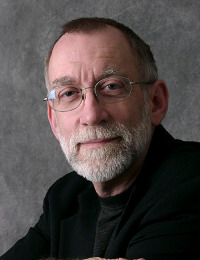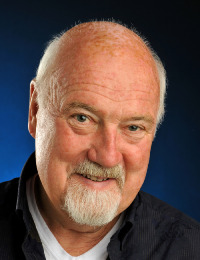Prof. Dr. Howard Zehr

Howard J. Zehr, *1944, Criminologist, distinguished Professor of Restorative Justice, Eastern Mennonite University, Center for Justice & Peacebuilding, Harrisonburg (Virginia, USA), Co-director, Zehr Institute for Restorative Justice. Undergrad. Degree, European history, Morehouse College, Atlanta (Georgia) an historically black liberal arts college. Zehr was the first white to earn a B.A. from Morehouse 1966. M.A. in European history, University of Chicago 1967, Ph.D., modern European history, Rutgers University 1974.
Zehr is the pioneer of the modern concept of Restorative Justice. He directed the first victim-offender reconciliation program in the US. From 1979–1996, he directed the Office on Crime and Justice, Mennonite Central Committee (MCC), Akron, PA. He is well known for his many publications, such as Mediating the Victim-Offender Conflict, 1980; Retributive Justice, Restorative Justice, 1985; Changing Lenses: A New Focus For Crime and Justice 1990/ 2005; The little book of Restorative Justice 2002; Fairsöhnt-Restaurative Gerechtigkeit (German Edition 2010). As of 2013, he had also published several photography books, such as Doing Life: Reflections of Men and Women Serving Life Without Parole (1996; Japanese edition, 2006); Transcending – Reflections of Crime Victims (2001; Japanese edition, 2006); What Will Happen to Me?, about the children of prisoners (2010).



